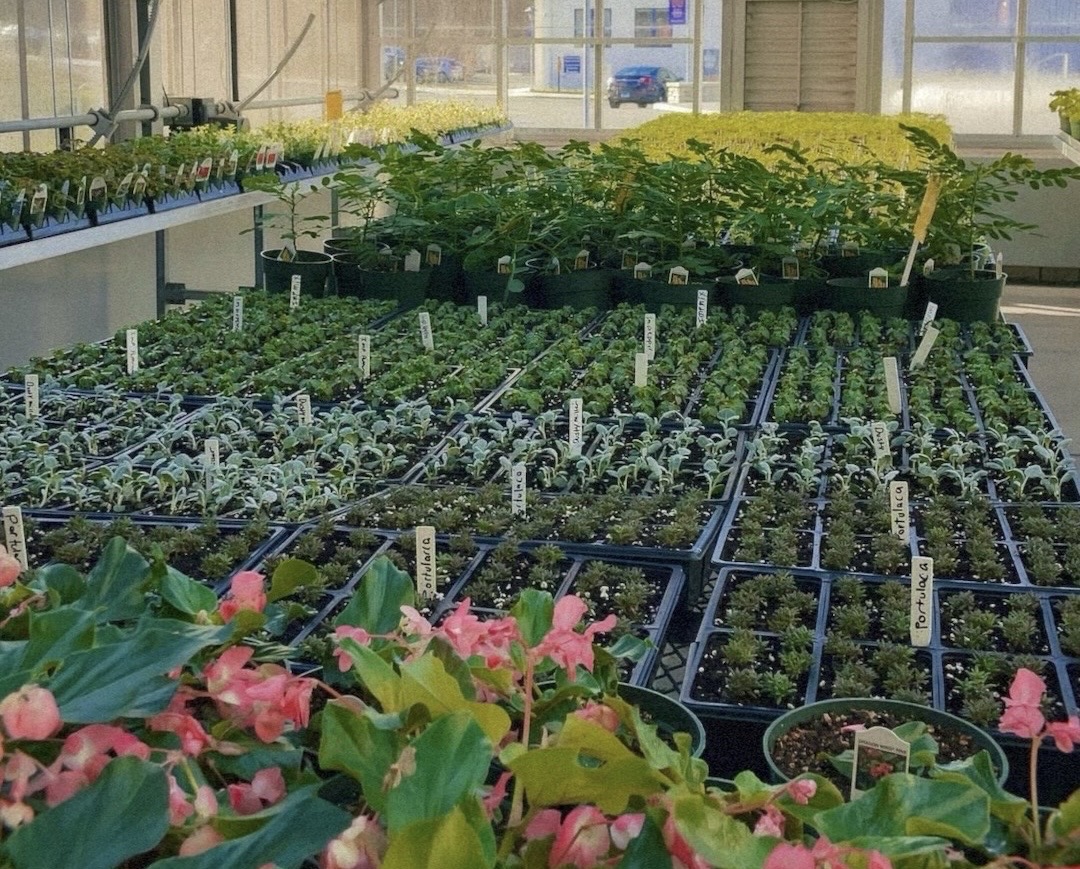Beijing Olympics Provide Silver Lining for Games’ Green Future
International Olympic Committee
The 2022 Winter Olympics in Beijing showed both promise and problems in terms of the Olympics’ environmental impact.
April 28, 2022
The Olympic Games — the entire world comes together every two years in the summer or winter to watch the greatest athletes alive compete to win and represent their country. But while you were watching athletes compete in your favorite sport, did you ever think about what having the giant international competition in a new city every two years has done to the environment?
After years of holding the games around the world, the Olympics have taken a harmful toll on the environment as they have continued to expand in size. More people coming in and huge venues being built — knocking down homes and land in the process — have increased carbon emissions and used up irreplaceable amounts of natural resources.
For instance, the 2016 Rio de Janeiro Games emitted a total of 3.6 million tons of carbon into the atmosphere. The 2022 Winter Olympics, held in Beijing, China, made an attempt for change that could impact the future of the Olympics, and the Earth, for the better.
All of the 2022 Games venues were completely powered by green, renewable electricity for the very first time in Olympic history. The Olympics take a substantial amount of electricity to run, so replacing what electricity the Games would need with green energy lowers carbon emissions by sizable amounts.
China and the International Olympic Committee said that the Winter Olympics will be the “greenest and cleanest ever.” In addition to this, they reused five venues from the 2008 Summer Olympics rather than starting completely from scratch and building all new venues while the old ones sit empty. They were able able to do this because Beijing became the first city in Olympic history to host both the Summer and Winter Games. In many previous host cities, huge venues sit empty after the games are over.
According to the International Olympic Committee, Marie Sallois, the IOC Director for Sustainability, said, “Many of the Beijing 2022 venues are designed with flexibility in mind to serve the athletes as well as the local population in a variety of ways and throughout the whole year.”
This will provide extended sustainability and long term benefits for China, as well as future Olympics host cities choosing to similarly find other uses for their venues.
Despite these plans, many experts and activists have their doubts about Beijing’s efforts, and have pointed out how unsuited China’s arid climate is to host the Winter Olympics. The lack of precipitation makes the location of the snow and ice-filled competitions challenging. Due to the lack of natural snow, they used large amounts of artificial snow, which uses substantial amounts of water and electricity –contradicting everything they’ve been trying to do.
Carmen de Jong, a geographer at the University of Strasbourg, estimated that snowmaking for the two outdoor venues would require up to 500 million gallons of water. Many agree with him that Beijing hosting the Games in a region without snow, which is a main resource for the Winter Olympics, was irresponsible.
The Winter Olympics have never been easy to host, but finding ways to avoid making the generous amounts of fake snow that in the end are extremely harmful to the environment can be as simple as not hosting the Winter Games in a nation unsuitable for them.
Despite their efforts not being perfect, Beijing 2022 began to pave the way for the future of the Olympics. Much attention was brought toward the climate effects the Olympics cause because of this year, which has led to more people giving their input on ways to improve the future of the Olympics.
Among them is Josh Kornblut, an eighth-grade science teacher at Woodbury Middle School and an Olympics fan. He says that if a city is going to host the Olympics, there should be certain requirements.
“They should not be allowed to destroy any natural habitat for the benefit of the Olympics; they would have to use already existing space,” Kornblut said.
As people come together to enjoy the Olympics again in 2024, hopefully people will be more aware of the behind-the-scenes planning of the Games and share their opinions on how to change the future of the Olympics for the better.




























